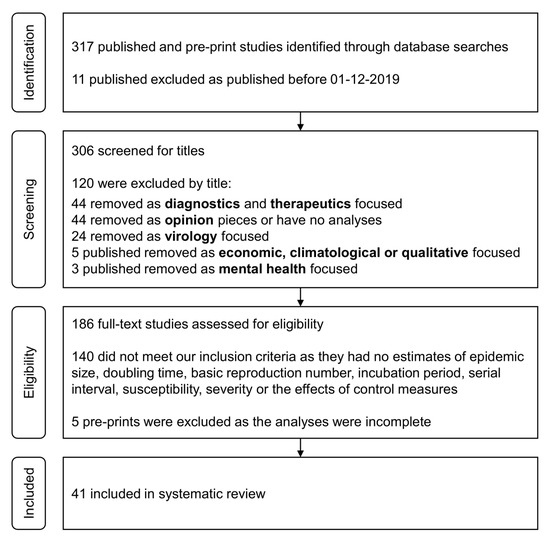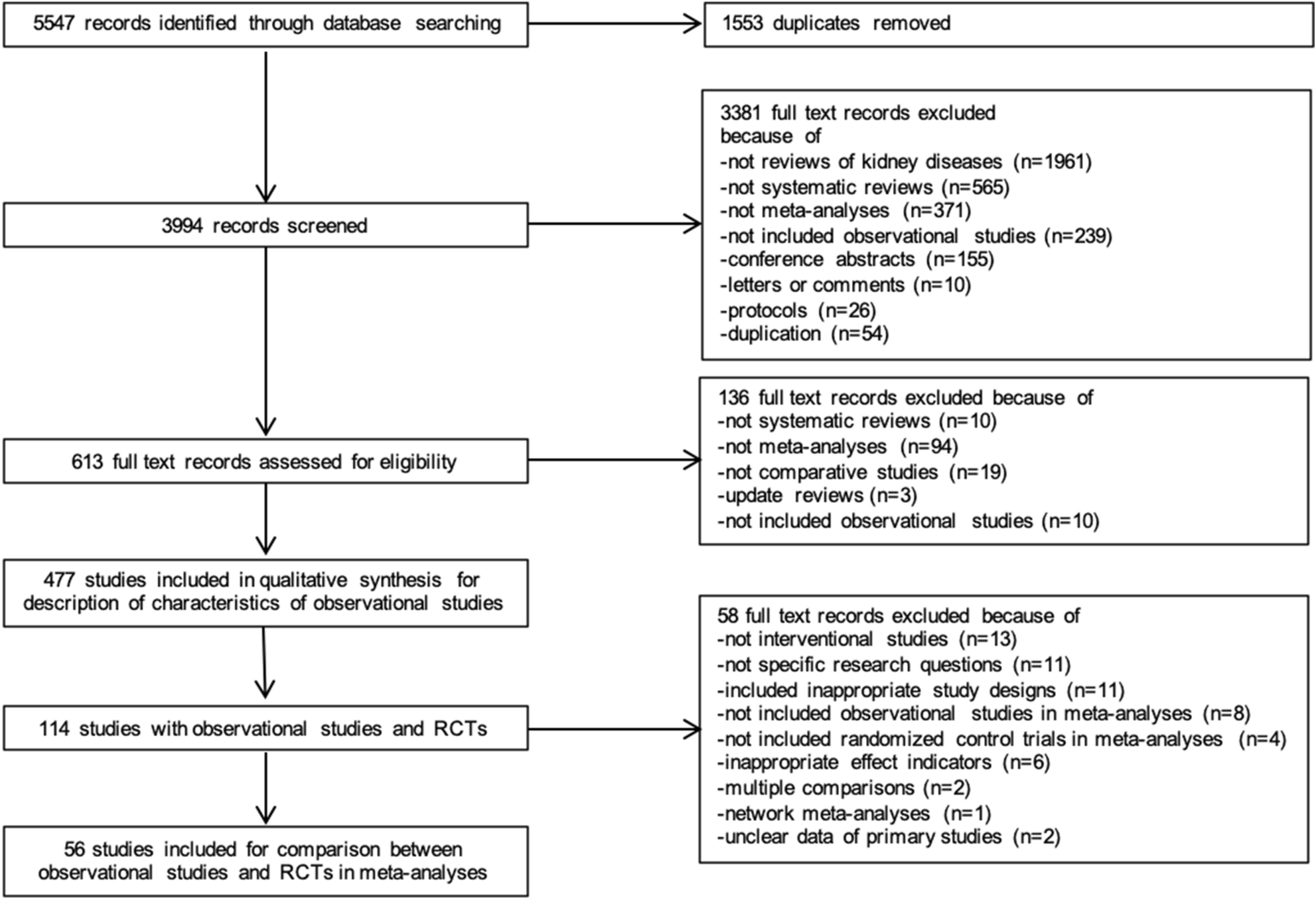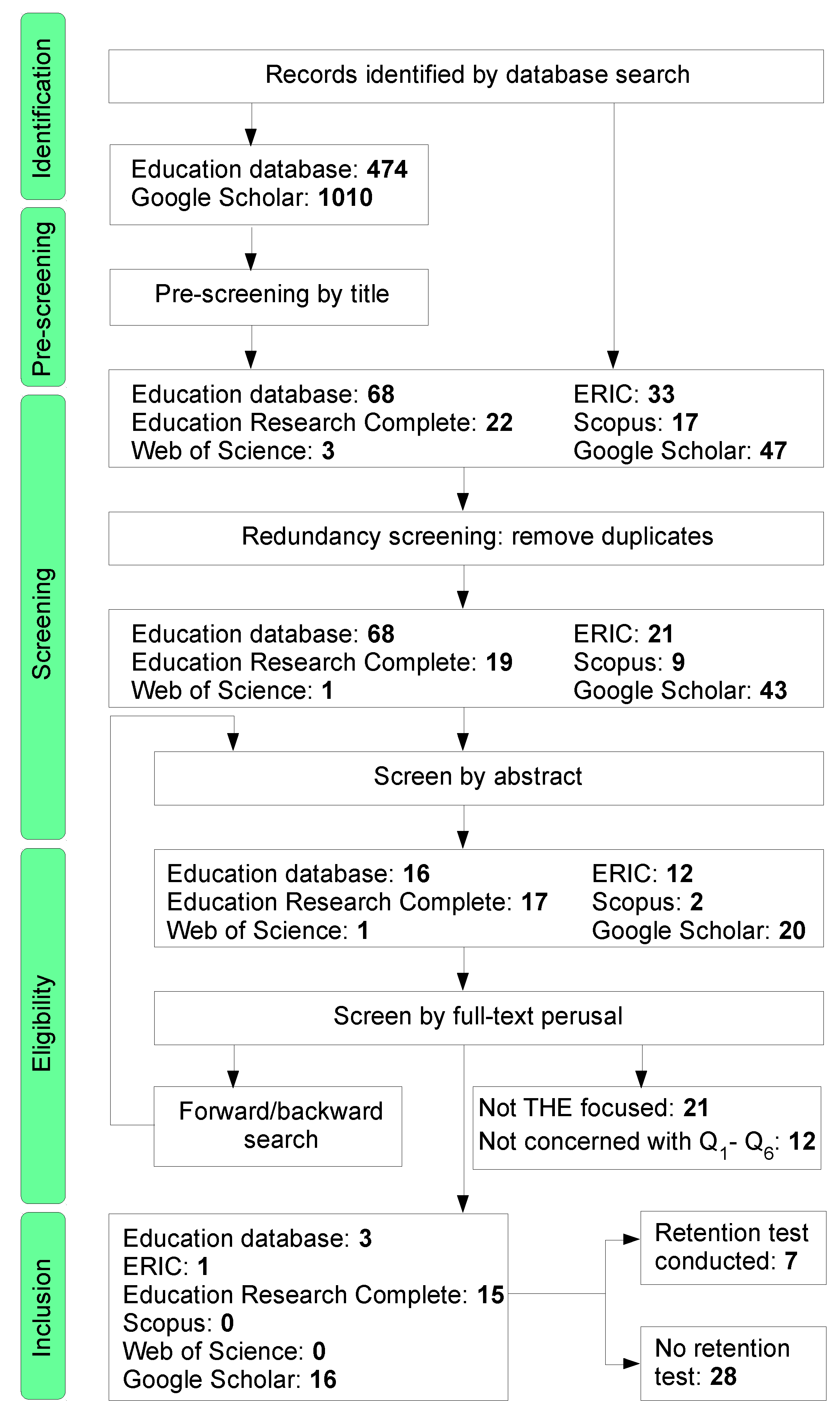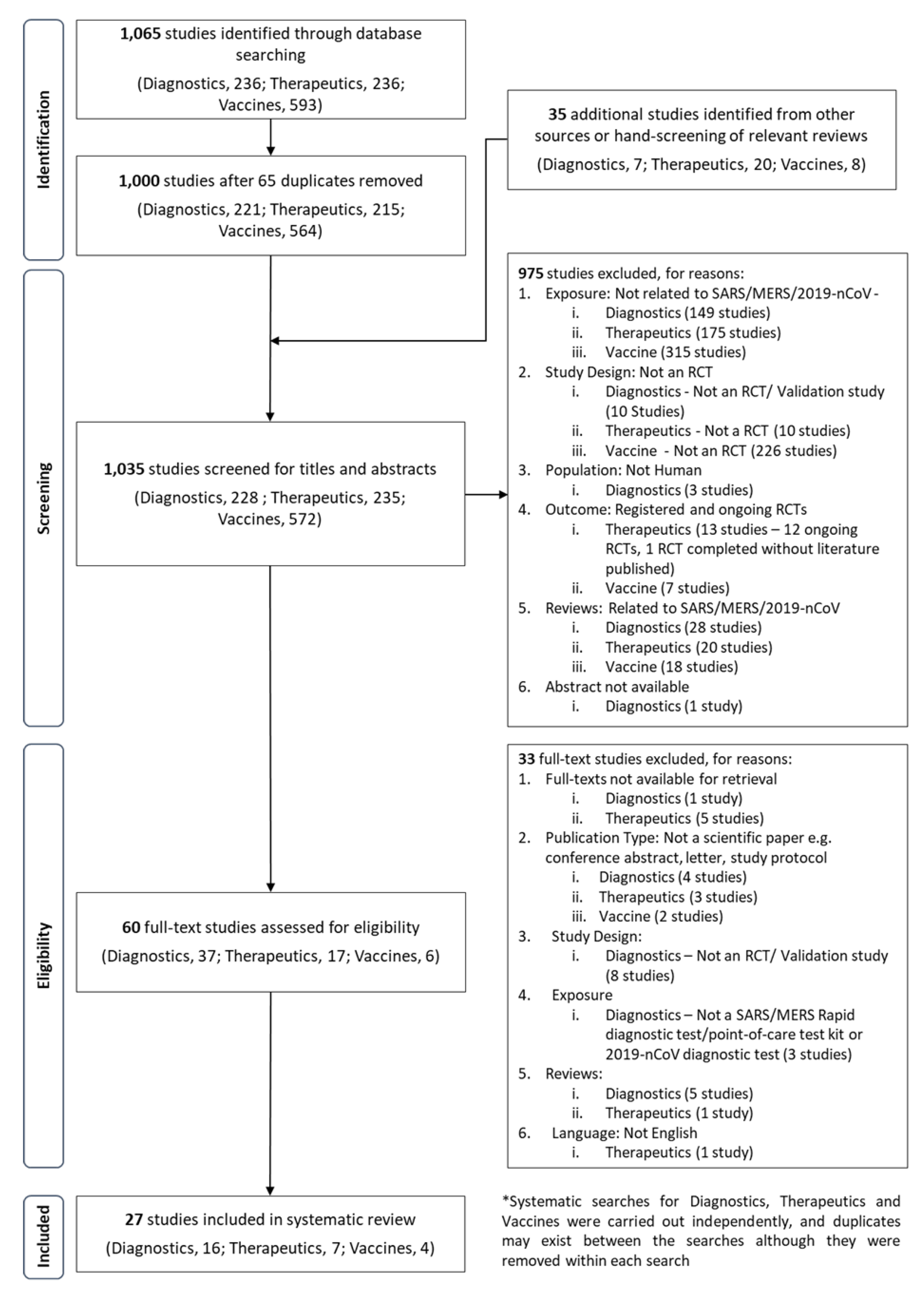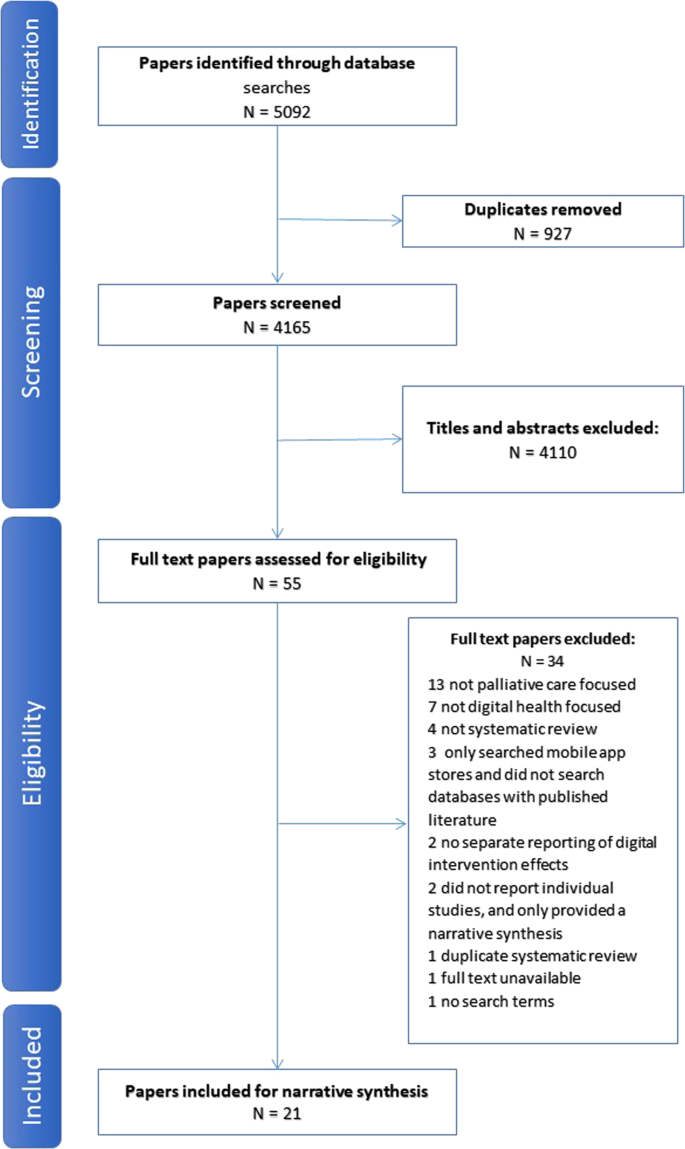How To Search Google Scholar For Systematic Review
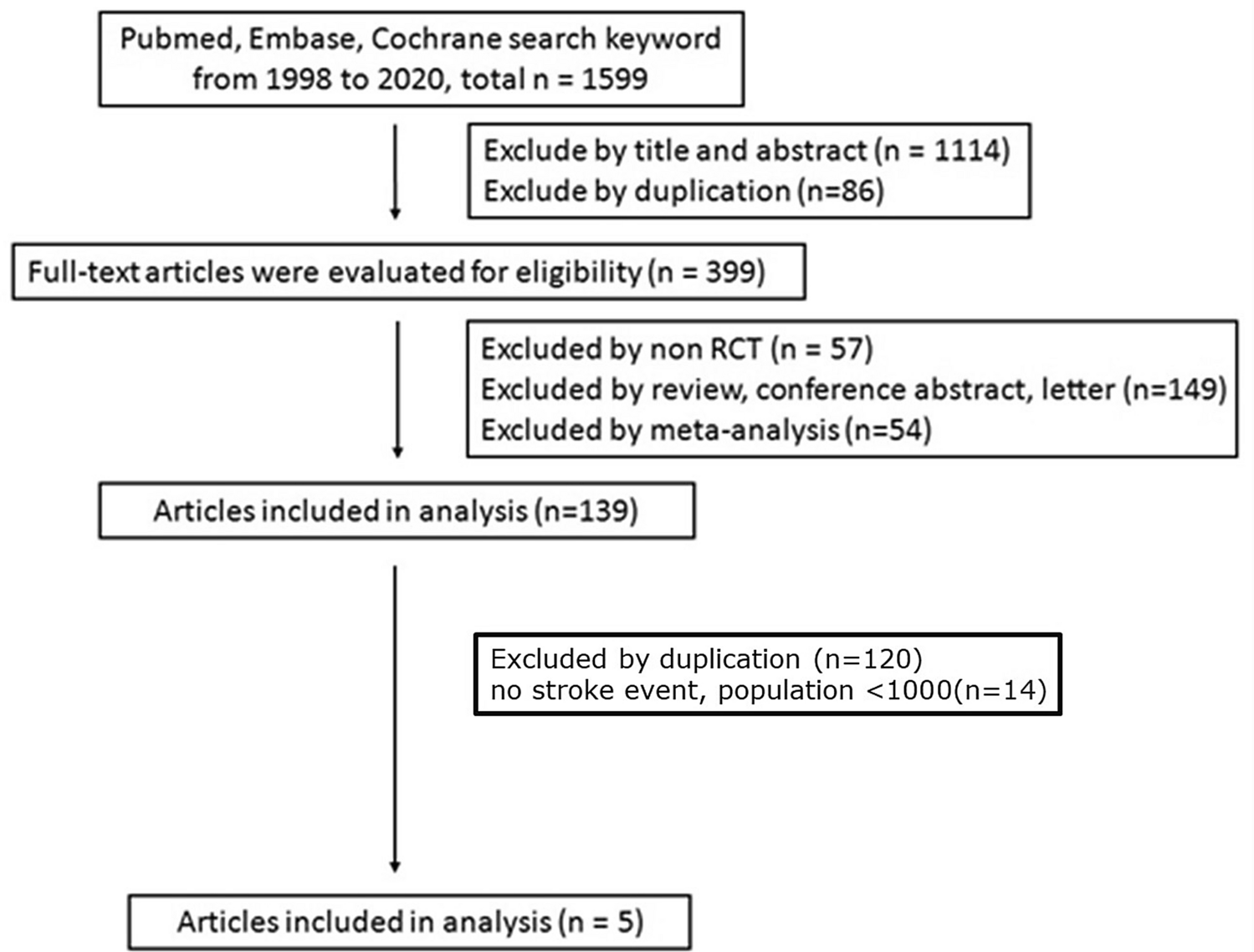
Optimal searches in systematic reviews should search at least Embase MEDLINE Web of Science and Google Scholar as a minimum requirement to guarantee adequate and efficient coverage.
How to search google scholar for systematic review. Conclusion The coverage of GS for the studies included in the systematic reviews is 100. Google Search is indeed an imperfect tool to perform systematic reviews. Both subject headings and keyword searching in the databases that allow this and searching multiple databases where articles may be indexed differently or a very similar search.
By combining keywords with Boolean operators and appropriate use of parentheses it is possible to construct search queries of arbitrary complexity. This video shows a few tips and tricks for how to find academic literature using Google Scholar. Click on My library at the top of the Google Scholar homepage or in the left column of a search results page to view all the articles in your library.
Search across a wide variety of disciplines and sources. To be practical therefore most systematic reviewers will create search strategies that are precise enough for them to able to cope with the number of results that are returned but use different methods of searching eg. The Worlds No1 software for managing and streamlining your literature review.
I searched PubMed in the most amusingly obvious way. For more information on how to set up your Google Scholar Library click here. To quickly search a frequently used selection of courts bookmark a search results page with the desired selection.
Are not included in library databases eg some conference papers government reports articles from certain journals etc. Ad Stop using clunky tools and enable your whole review team to collaborate from anywhere. However variable retrieval of content due to regular updating of Google algorithms and the individuals search history and location means that search results are not necessarily reproducible and are therefore not in keeping with replicable search methods required by systematic reviews.
Macros in Microsoft Word have been developed to convert syntaxes between databases and interfaces almost automatically. One approach is to resort to the use of Boolean search queries and expressions. Optimal searches in systematic reviews should search at least Embase MEDLINE Web of Science and Google Scholar as a minimum requirement to guarantee adequate and efficient coverage.



